Exact Answer: Never (Ideally)
Sleeve surgery, also known as vertical sleeve gastrectomy, involves removing eighty percent of a person’s stomach. This surgical procedure reduces the size of the stomach and induces weight loss by restricting food intake.
By altering the anatomy of the gastrointestinal tract, sleeve gastrectomy changes signals in the body resulting in decreased hunger and increased feelings of fullness after meals which results in the weight loss process.
The surgery involves small incisions on the abdomen region, through which surgical instruments enter the abdominal cavity. The surgeon may employ the use of general anesthesia. Now, the surgeon divides the stomach into two unequal parts. The surgeon now removes the larger part of the two and the smaller part, which is the size of a banana, functions as the new stomach.
The surgery in itself is minimally invasive, and therefore recovery is quick. Proper precautions need to be employed to avoid any complications.
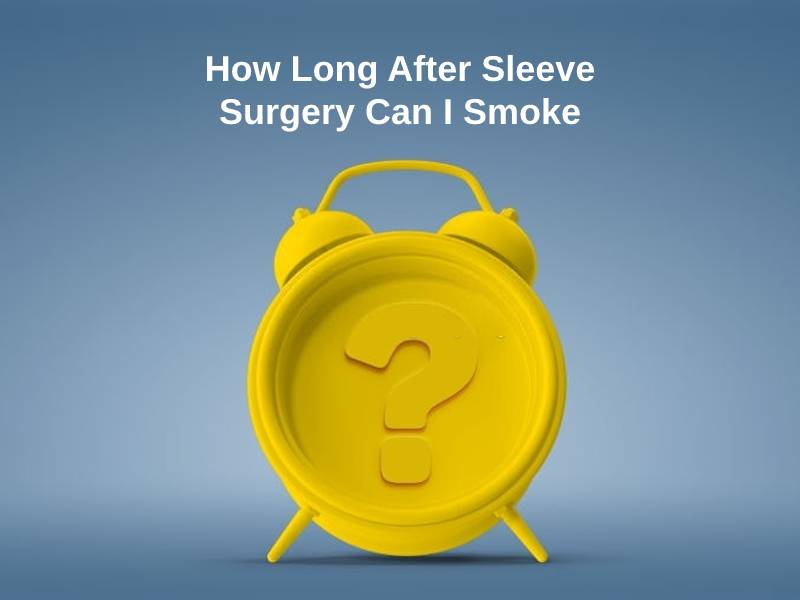
How Long After Sleeve Surgery Can I Smoke?
| Avoid Smoking | Time |
| Before Surgery | 6 Weeks |
| After Surgery | Never (Ideally) |
Patients who undergo sleeve surgery are the ones who are fighting prolonged obesity and its ill effects that include the risk of diabetes and heart diseases. Smoking after sleeve surgery may itself cause very few ill effects, but it increases the risk of diabetes and heart diseases.
It is advisable for the patients to stop smoking for at least six weeks before their sleeve surgery for surgical safety and to avoid complications. After the surgery, a patient should quit smoking altogether as it hinders the outcomes of the surgery. Sleeve surgery along with healthy eating habits and lifestyle changes are the only way to curb the pre-surgery conditions.
There are several complications associated with smoking post-surgery. The tobacco itself contains around 5000 chemicals, among which are nicotine and heavy metals. The interaction of these chemicals with the human body immediately after surgery doesn’t produce good results. In the long term, these interactions contradict the very need for this surgery.

Patients undergoing the surgery must be determined about their weight loss journey. The surgery is a major one and for it to be successful requires strong willpower to follow a healthy lifestyle and diet. Quitting smoking can be a difficult task, but the complications it prevents and the benefits it reaps are numerous. It is a challenging task but achievable.
Why Does It Take That Long After Sleeve Surgery To Smoke?
Smoking is harmful to any individual in any condition. It leads to several health-related issues. It is advisable to avoid and quit smoking altogether.
Sleeve surgery is a procedure undertaken by several obese people to aid the weight loss surgery and minimize the risk of heart diseases and diabetes. Smoking after the surgery can lead to some complications.
It can lead to delayed wound healing due to decreased blood flow to tissue due to a small capillary opening. Since the stomach is cut into two pieces in the surgery and then stapled, there might be chances of leakage of gastric juices. This leakage doubles in the case of a smoker. Hence, wound healing is essential after the surgery.
Pulmonary issues are a common thing with smokers. These problems intensify with obese people. They tend to have weak respiratory systems due to lack of exercise and excess weight. Quitting smoking before and after the surgery helps a lot.

Blood clots are common with sleeve surgery patients due to reduced blood circulation, obesity, and low physical activity levels. Smoking acts as an adjuvant in the blood clot formation process. In case of clot formation, the doctor prescribes a blood-thinning medicine which has its disadvantages.
Stomach ulcers are also common among smokers. After the surgery, the stomach is now of reduced size which has to carry out all the digestion processes. This leads to delayed healing of these ulcers and constant pain in the stomach.
Conclusion
Smoking after sleeve surgery can lead to several complications such as delayed wound healings, pulmonary complications, blood clots, and stomach ulcers. Some of these conditions, if worsened, can prove to be fatal. Following a precautionary approach is advisable.
Quitting smoking is the best course of action post sleeve surgery. The interaction of harmful chemicals with the body leads to several complications. It contradicts the need for the surgery. It can be tough to quit smoking, but it is a small price to pay for better health. The benefits it reaps, in the long run, are numerous and can very well contribute to extending the lifespan of patients with severe obesity and other weight-related problems.

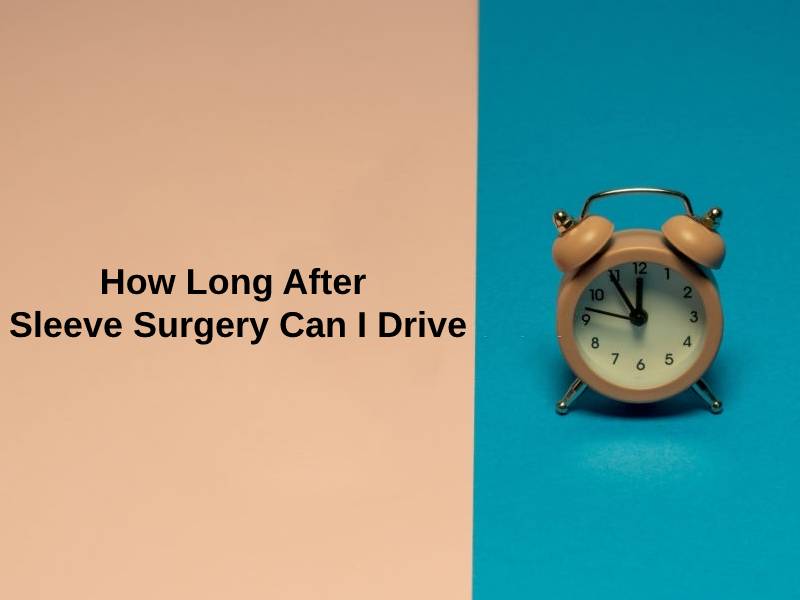
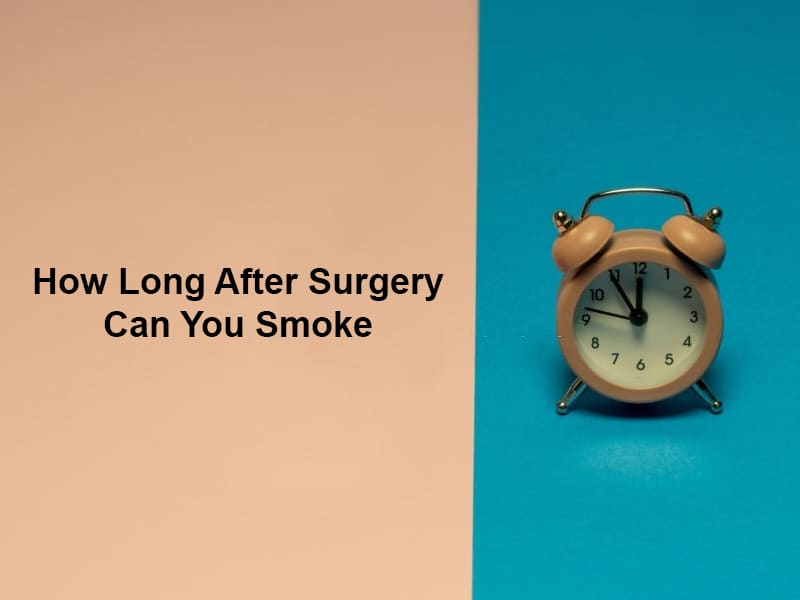
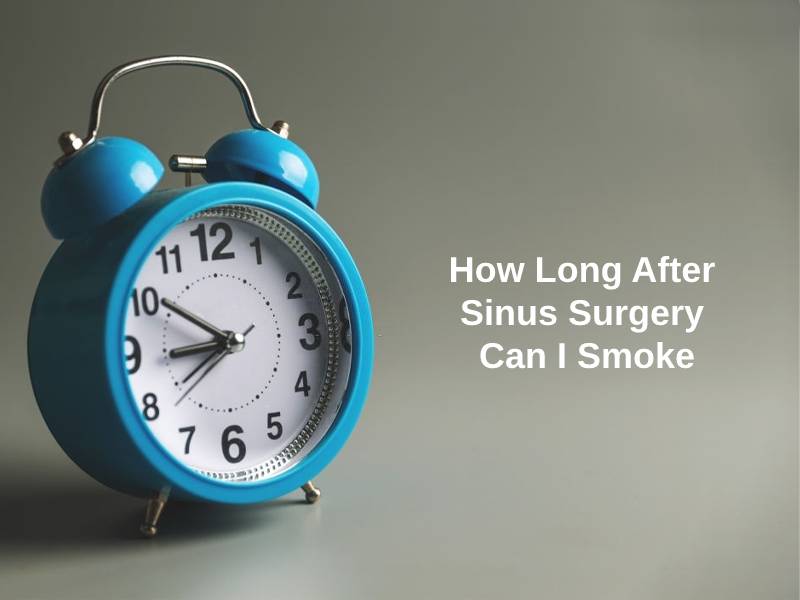
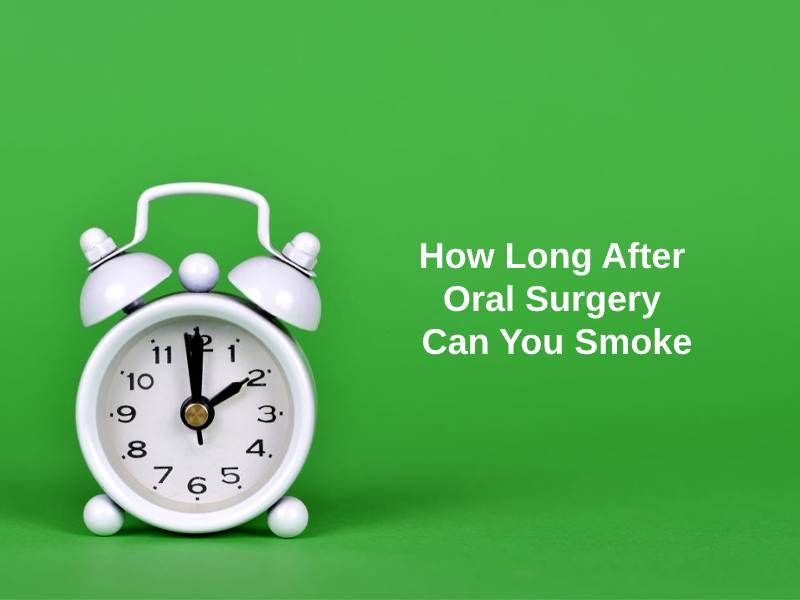
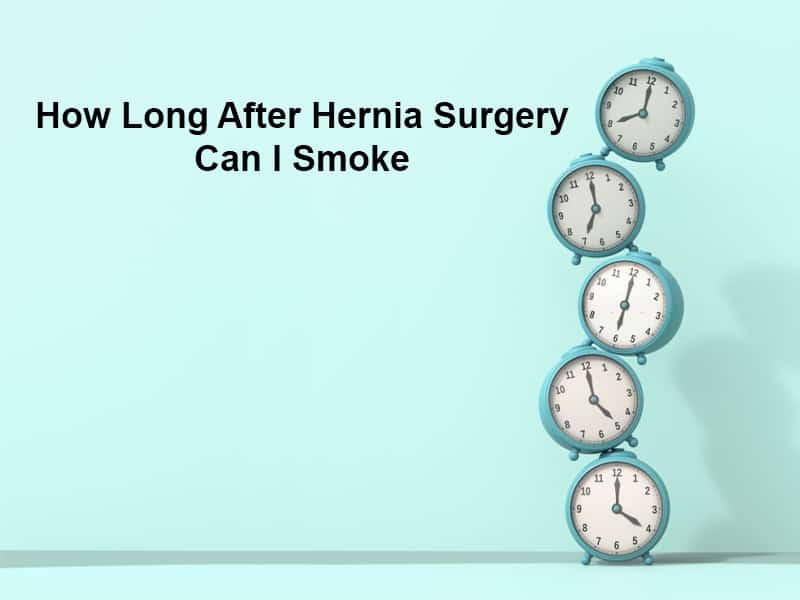
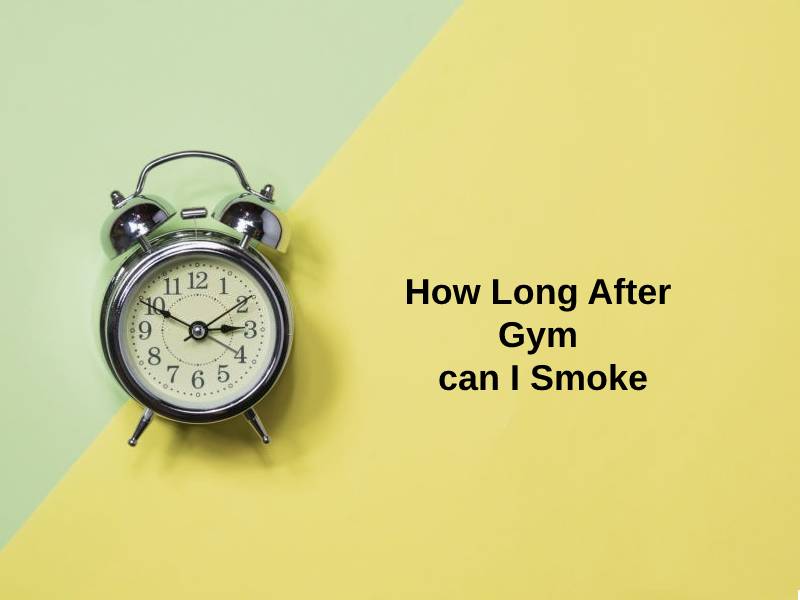

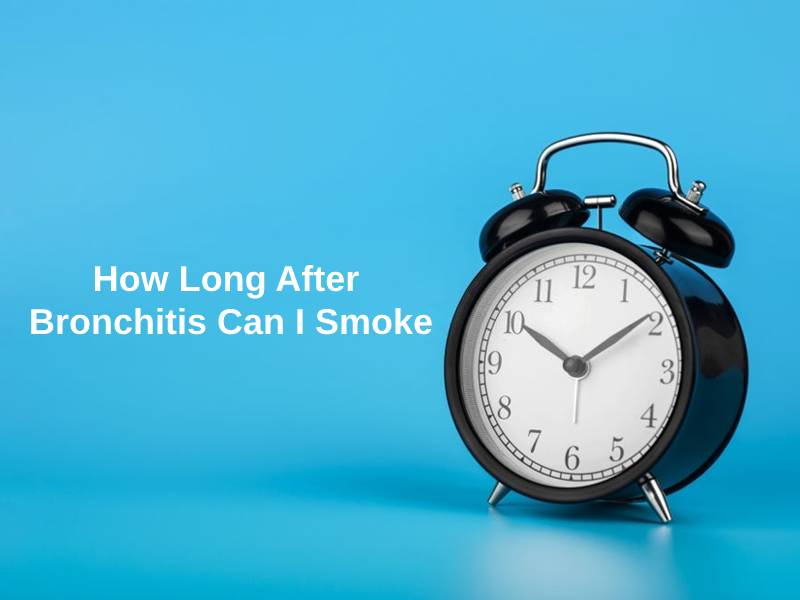
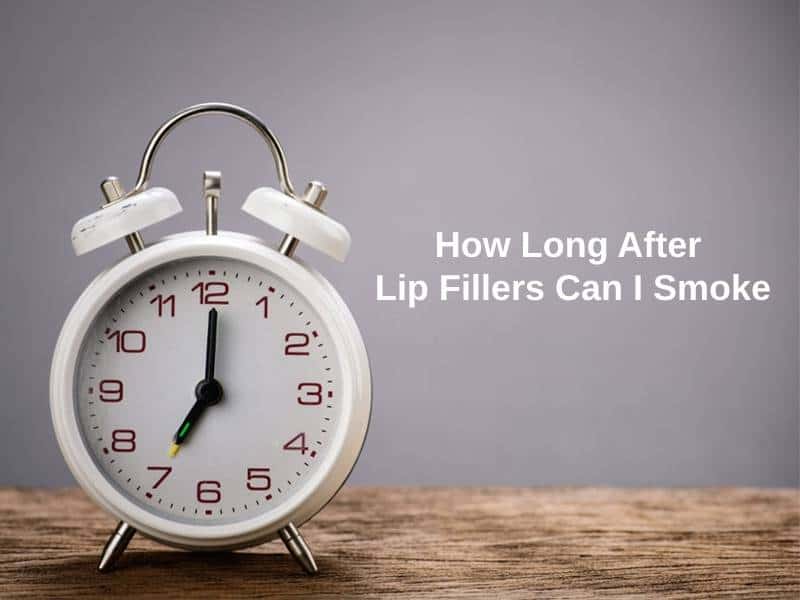
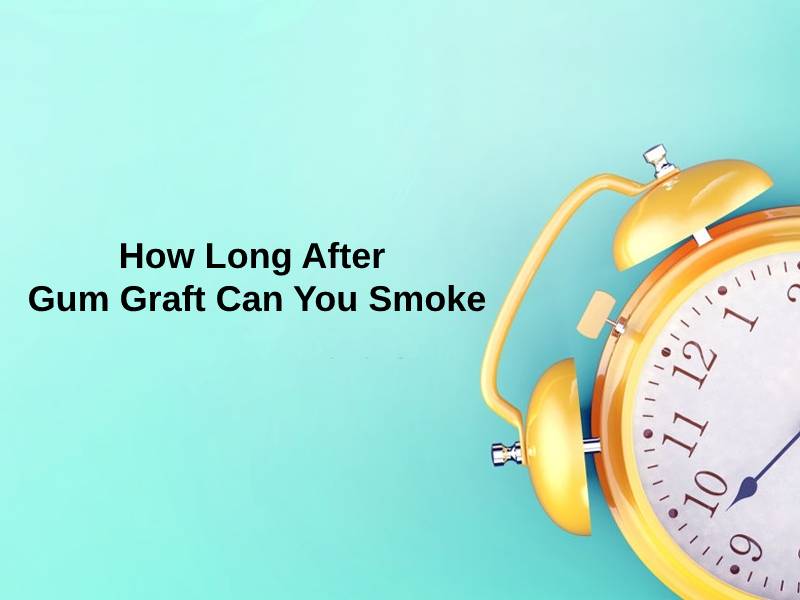
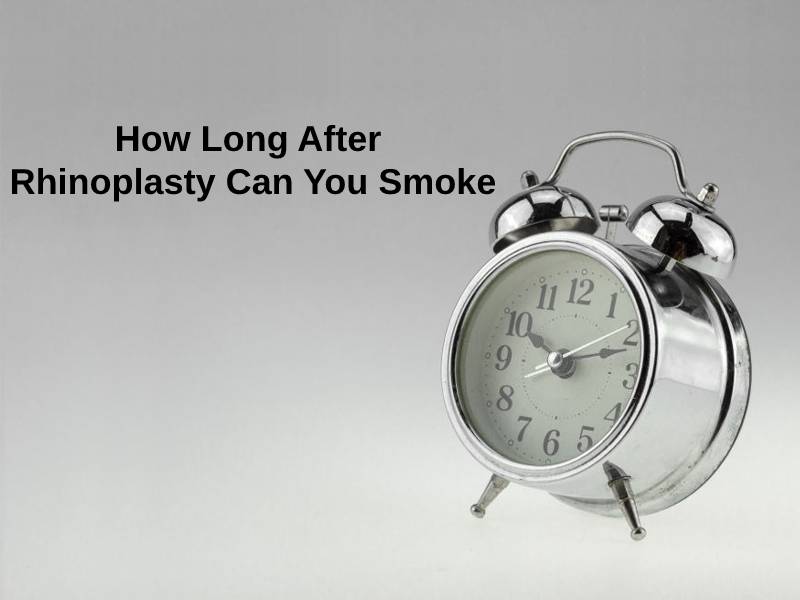
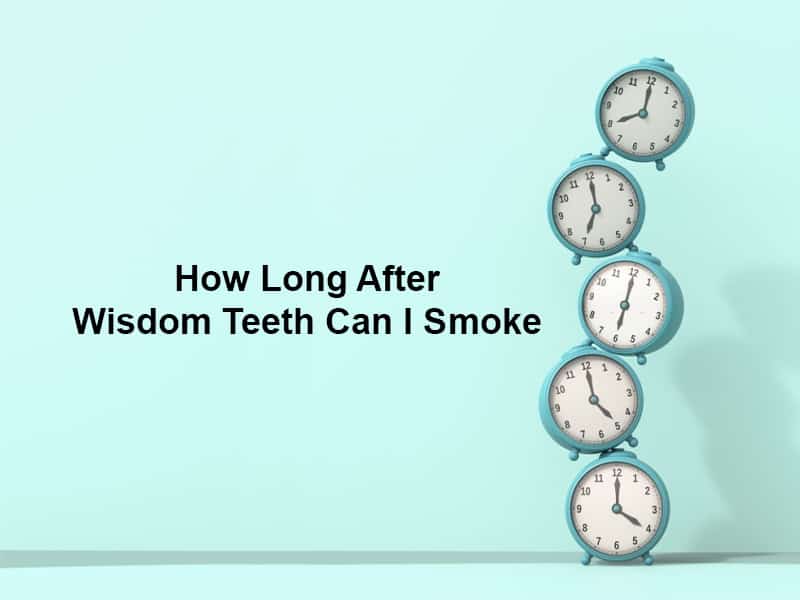
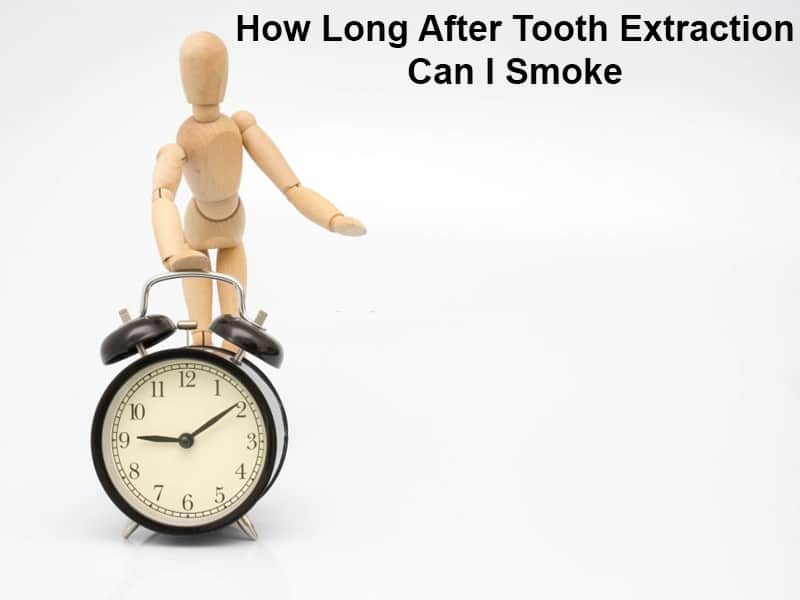
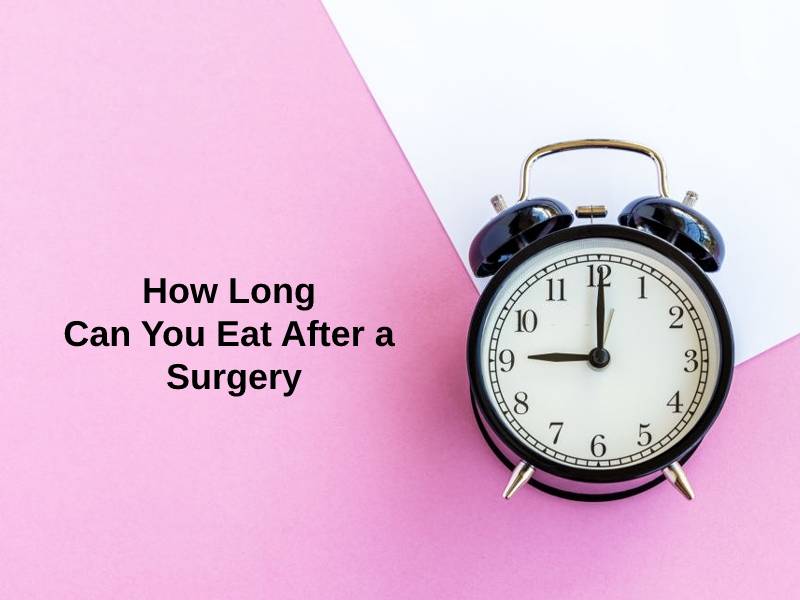
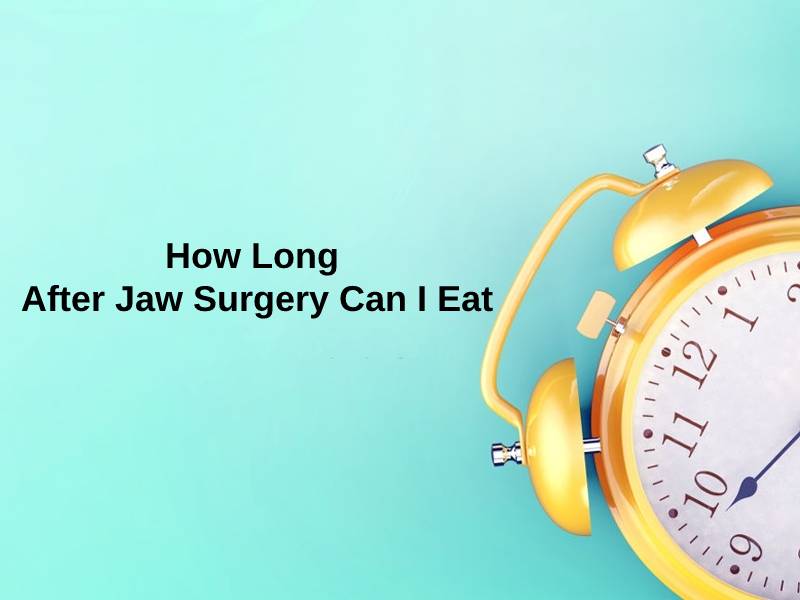
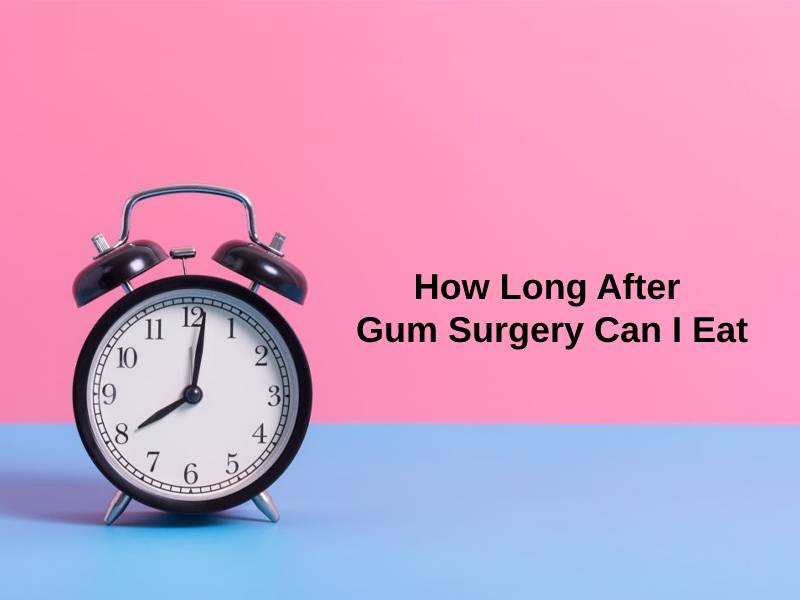
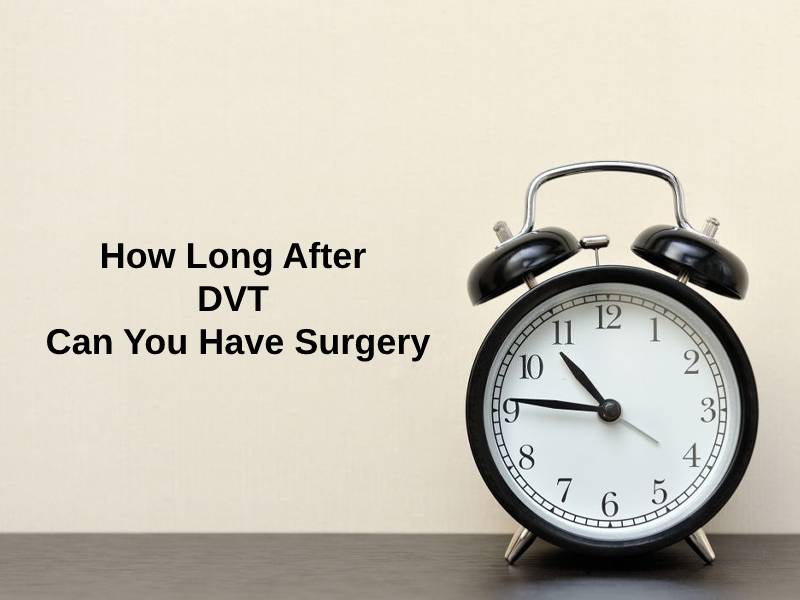
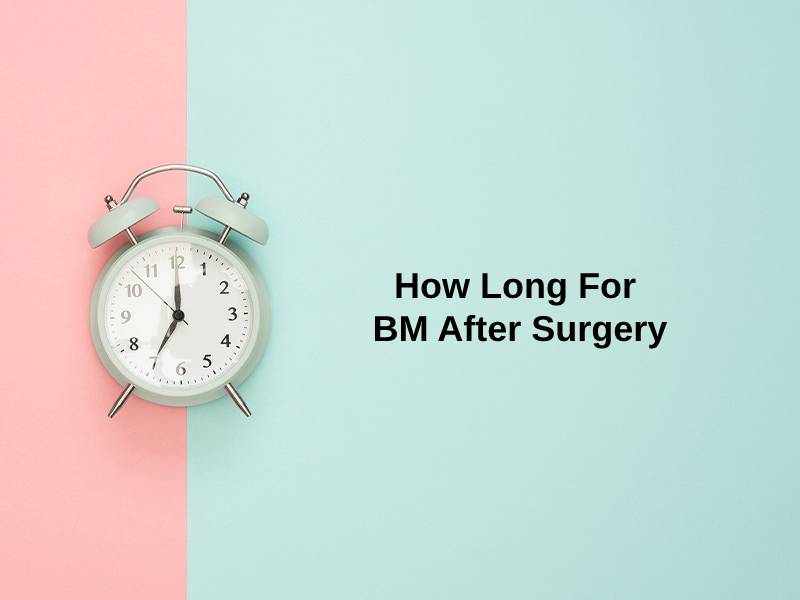
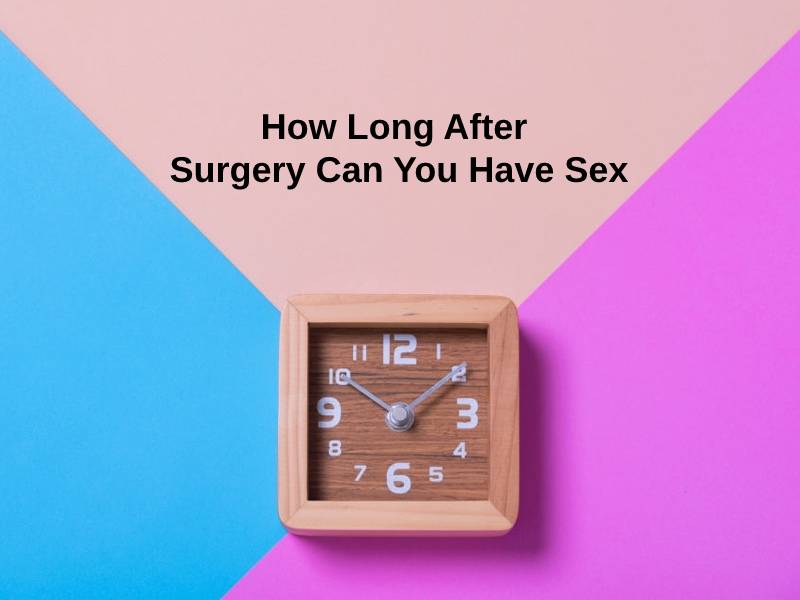

This post does a great job at explaining the risks associated with smoking post-surgery. Quitting smoking is crucial for a successful recovery and the points are well-illustrated in the article.
Absolutely, the article provides valuable information on the risks of smoking post-surgery. Quitting smoking is paramount for patient safety.
Indeed, the risks and complications are effectively conveyed in the article. Quitting smoking is an essential step post-surgery.
The information provided in the article is comprehensive and highlights the importance of quitting smoking post-surgery. A challenging but necessary step for patients’ well-being.
Absolutely, the article effectively emphasizes the need for patients to quit smoking post-surgery to avoid complications.
The article effectively highlights the risks of smoking post-surgery. Quitting smoking is essential for patient safety and the information provided is insightful.
Absolutely, the post provides comprehensive insights into the risks of smoking post-surgery. Quitting smoking is crucial for patients’ well-being and recovery.
The article does well to explain the sleeve surgery and the ill effects of smoking following the surgery. It is indeed a challenging task for the patient to quit smoking, but the complications it prevents and the benefits it reaps are numerous. Kudos to the author for sharing valuable information.
Yes, valuable information indeed. It’s important to highlight the challenges associated with smoking post-surgery, and the need for a strong willpower to follow a healthy lifestyle. Great article.
Well said, Dennis31. Quitting smoking is a small price to pay for better health. The benefits in the long run are indeed numerous.
This article does a great job at emphasizing the importance of quitting smoking after sleeve surgery. It is certainly a challenging task, but the benefits it reaps and the complications it prevents are numerous. Great information!
Indeed, the benefits of quitting smoking in the long run cannot be overstated. Great information provided in the article.
The article effectively highlights the risks associated with smoking after sleeve surgery. Quitting smoking is crucial for successful recovery. Well-articulated!
Indeed, quitting smoking is a critical step post-surgery. The complications associated with smoking can be detrimental to the recovery process.
Absolutely, the risks and complications are well-explained in the article. Quitting smoking is vital for a successful recovery.
The post provides valuable insights into the risks associated with smoking following sleeve surgery. It is imperative for patients to quit smoking post-surgery to avoid complications. Good read!
Absolutely, the article does a great job at highlighting the importance of quitting smoking for the well-being of the patients post-surgery.
The article effectively conveys the importance of quitting smoking post-surgery. The risks and complications are well-explained, making it clear why quitting smoking is necessary for patient safety and recovery.
Well-articulated points indeed. The risks associated with smoking post-surgery are well-highlighted, emphasizing the necessity of quitting smoking.
Absolutely, the article is informative and effectively explains the risks of smoking post-surgery. Quitting smoking is a critical step for patient safety and recovery.
The article effectively outlines the risks of smoking post-surgery. Quitting smoking is essential for patient safety, and the details provided in the article are insightful.
Indeed, the necessity of quitting smoking post-surgery is well-articulated in the article. Patient safety and recovery are paramount.
Absolutely, the article provides comprehensive insights into the necessity of quitting smoking post-surgery for patient safety and recovery.
This article provides valuable insights into the risks of smoking post-surgery. The importance of quitting smoking for patient safety and recovery is effectively conveyed.
Indeed, the risks of smoking post-surgery are well-explained in the article. Quitting smoking is crucial for patient safety and successful recovery.